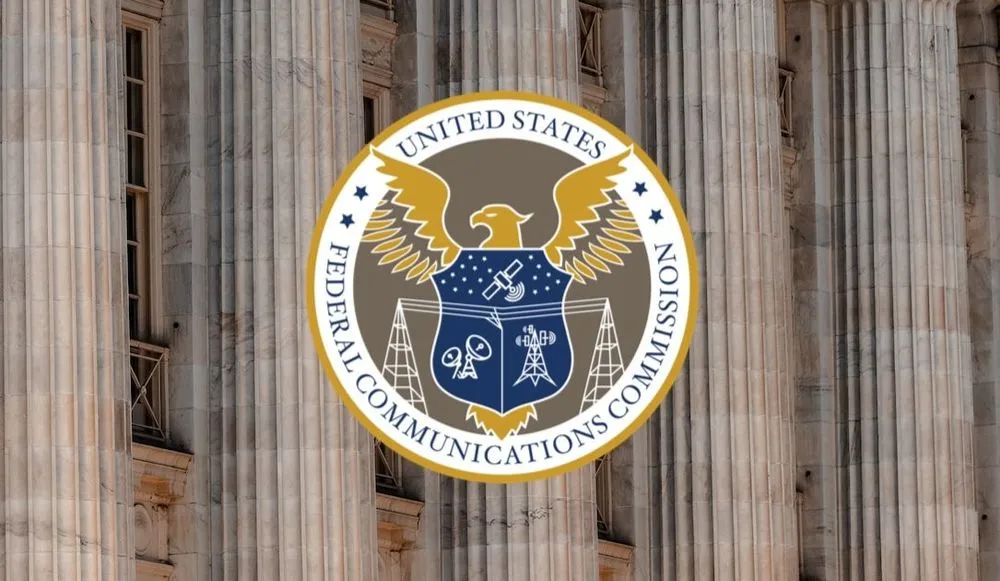FCC chair proposes new tactics to crack down on AI-generated robocalls
The leader of the Federal Communications Commission outlined a new proposal on Tuesday that aims to further regulate robocalls created with artificial intelligence.
The FCC said Chairwoman Jessica Rosenworcel is seeking public input on how to define AI-generated calls, force those using AI-generated calls to disclose the practice and “support” technologies that notify consumers when they are receiving unlawful AI robocalls.
The proposal also would safeguard what an FCC press release called “positive uses of AI to help people with disabilities utilize the telephone networks.”
Under the proposal, state attorneys general also would have new powers to crack down on businesses using AI-generated robocalls, the press release added.
The five-member commission will vote on the proposal at its upcoming August meeting.
In February, the FCC unanimously agreed to a “declaratory ruling” defining calls produced with AI-generated voices as “artificial” under the Telephone Consumer Protection Act (TCPA), effectively making robocalls using voice cloning technology illegal.
“The rise of these types of calls has escalated during the last few years as this technology now has the potential to confuse consumers with misinformation by imitating the voices of celebrities, political candidates, and close family members,” the agency said in a press release at the time.
Rosenworcel’s new proposal is the latest in a string of actions intended to crack down on AI-generated robocalls, including by suggesting large fines for robocalls featuring voice cloning technology powered by AI and for those that disseminate election-related misinformation using caller ID spoofing.
The agency also recently proposed fining service providers that deliver the calls and has asked carriers to document how they are combating the rising use of illegal robocalls and texts.
In May, the FCC announced it had jointly fined the service provider and political operative allegedly responsible for a robocall campaign that cloned President Joe Biden’s voice $8 million.
Those calls were made two days before the New Hampshire primary election and featured the voice-cloned Biden asking voters not to come to the polls, a campaign the FCC said violated the Truth in Caller ID Act by unlawfully spoofing, or changing, incoming numbers to deceive call recipients.
Suzanne Smalley
is a reporter covering digital privacy, surveillance technologies and cybersecurity policy for The Record. She was previously a cybersecurity reporter at CyberScoop. Earlier in her career Suzanne covered the Boston Police Department for the Boston Globe and two presidential campaign cycles for Newsweek. She lives in Washington with her husband and three children.



